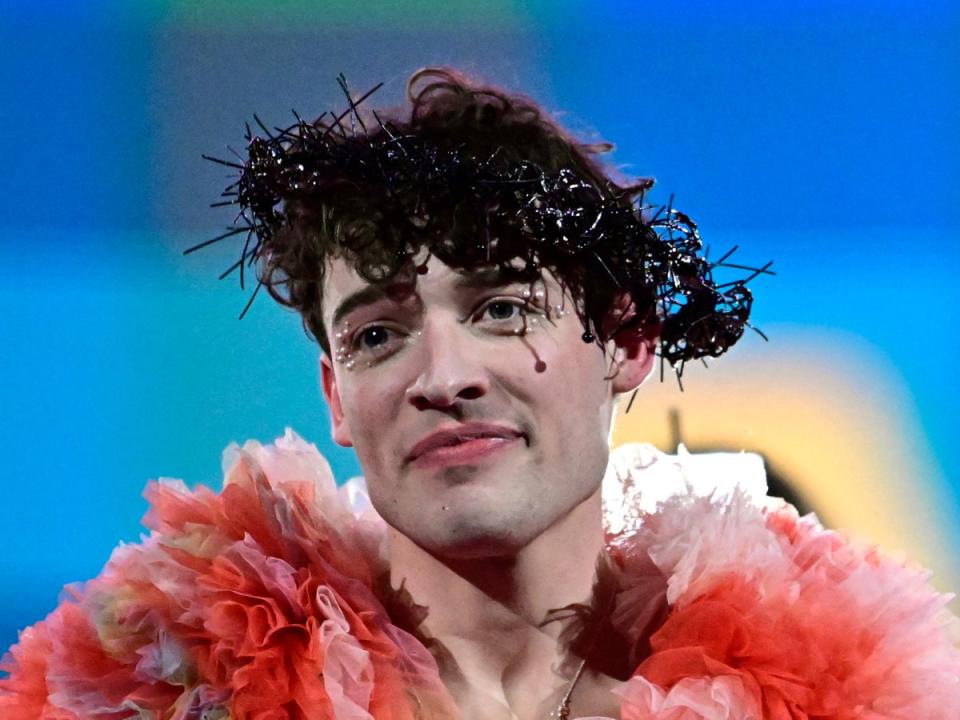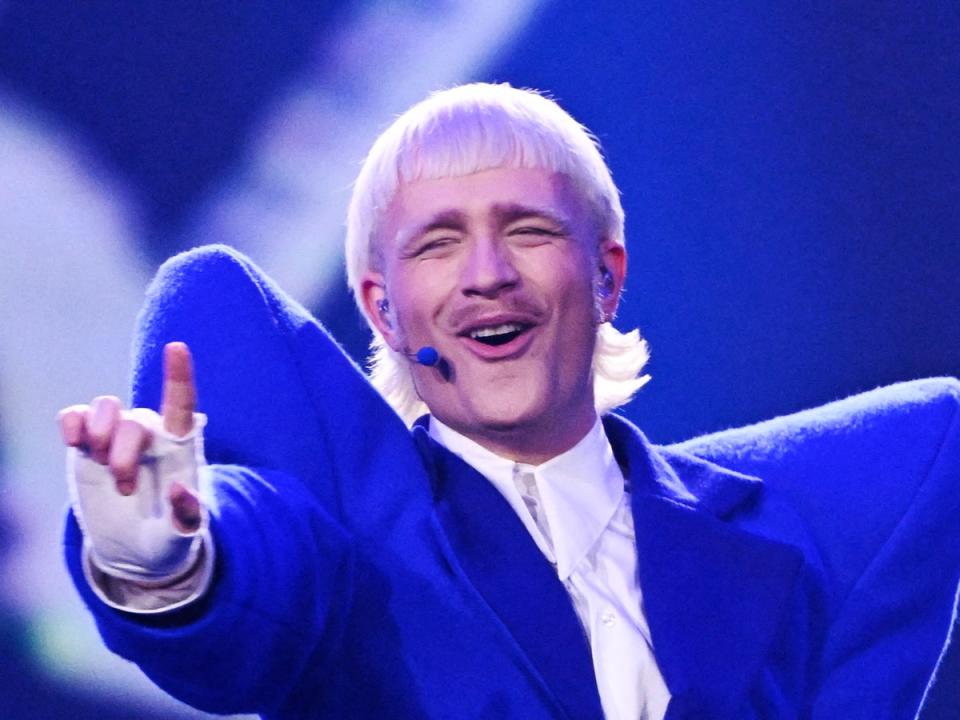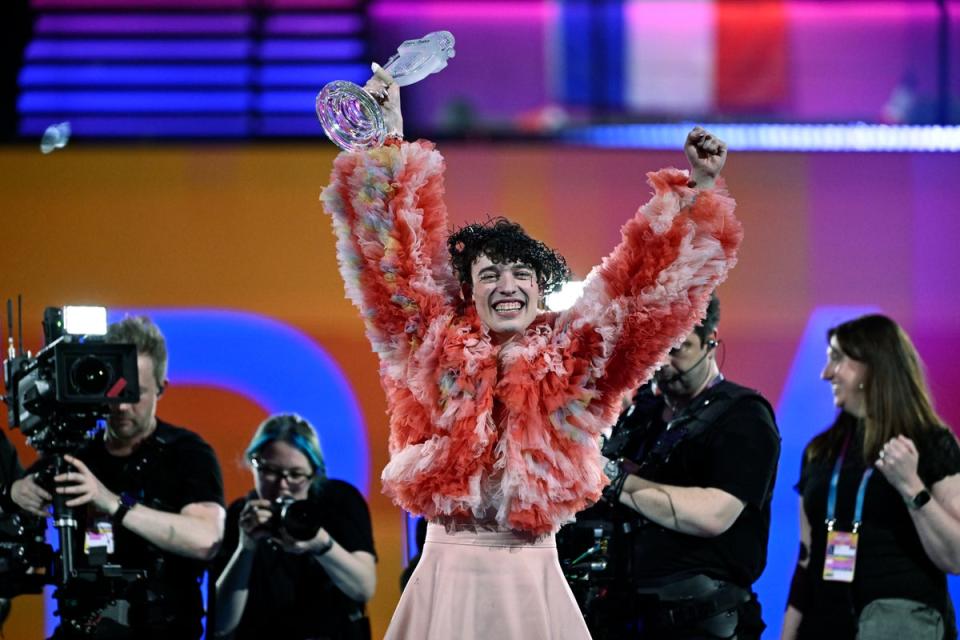Eurovision organisers respond to complaints of ‘horrible’ backstage atmosphere in Malmo
The organisers behind the Eurovision Song Contest have said they are reviewing the events of the tumultuous 2024 event in Malmö, Sweden, after receiving complaints of a “horrible” atmosphere backstage.
This year’s contest was marred by controversy surrounding Israel’s participation, and also saw Netherlands delegate Joost disqualified after he was accused of intimidating behaviour by a female member of the production crew.
In a statement issued on Monday (13 May), the European Broadcasting Union (EBU) said it regretted that some delegations “didn’t respect the spirit of the rules” in Sweden and confirmed that a number of contestants had made complaints.
“We spoke to a number of delegations during the event regarding various issues that were brought to our attention,” the organisation said.
“The EBU’s governing bodies will, together with the heads of delegations, review the events surrounding the ESC in Malmö to move forward in a positive way and to ensure the values of the event are respected by everyone.”
Individual cases would be discussed at a later date, the EBU said.

Eurovision 2024 saw thousands of pro-Palestine activists march through Malmö and gather outside the arena where the contest was being held, with some protesters heard shouting “shame on you” at fans entering the venue for the grand final event on Saturday 11 May.
Israel’s delegate Eden Golan, who qualified for the final and performed her song “Hurricane”, ultimately came fifth in the competition but was met with boos and jeers during the televised show.
Further controversy emerged when, just hours before the final was due to take place, it was announced that Dutch musician Joost Klein had been disqualified after an alleged run-in with a female member of the production crew.
According to the Netherlands’ state broadcaster AVROTROS, Klein “repeatedly indicated that he did not want to be filmed”, which “led to a threatening movement from Joost towards the camera”.
They said in a statement: “Joost did not touch the camera woman.”

The EBU confirmed that, “contrary to some media reports and social media speculation, this incident did not involve any other performer or delegation member”.
Explaining its decision to rule Klein’s behaviour “in breach of contest rules”, the EBU said: “We maintain a zero-tolerance policy towards inappropriate behaviour at our event and are committed to providing a safe and secure working environment for all staff at the contest.
“In light of this, Joost Klein’s behaviour towards a team member is deemed in breach of contest rules.”
Swedish police said on Monday (13 May) that Joost would likely be charged for making illegal threats and that a decision should come “within a few weeks”.
Klein has already left Sweden, according to reports.
Contestants including Switzerland’s champion Nemo spoke out against the EBU after the final concluded. Nemo, who goes by they/them pronouns, hit out at organisers for allegedly preventing fans from bringing non-binary pride flags into the arena.
Nemo added that “a lot of things” took place during the contest to make it seem as though it was not “all about love and unity”, which made them “really sad”.
They suggested that “maybe Eurovision needs fixing a little bit”.

Ireland’s contestant Bambie Thug, who uses they/them pronouns, told journalists at a press conference after the final: “F*** the EBU.”
They claimed that they had yet to receive a statement from organisers after they accused Israeli broadcaster KAN of “inciting violence” against them. KAN did not respond to The Independent’s request for comment.
They previously said that the EBU stopped them wearing a painted ogham inscription – which translated to “ceasefire and freedom” – during their semi-final performance. The EBU said it went against Eurovision rules designed to uphold the “non-political nature of the event”.
Meanwhile, Lithuania’s contestant Silverster Belt, who performed immediately after Golan, said he regretted taking part at all in a statement shared to social media.
“Going after that country, with the crowd being so intense, was one of the worst things I had to go through, I really did the best that I could in this situation… traumatic experience, wish it all ended after the first semi,” he said.


